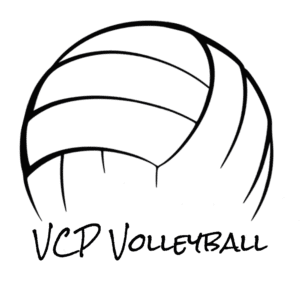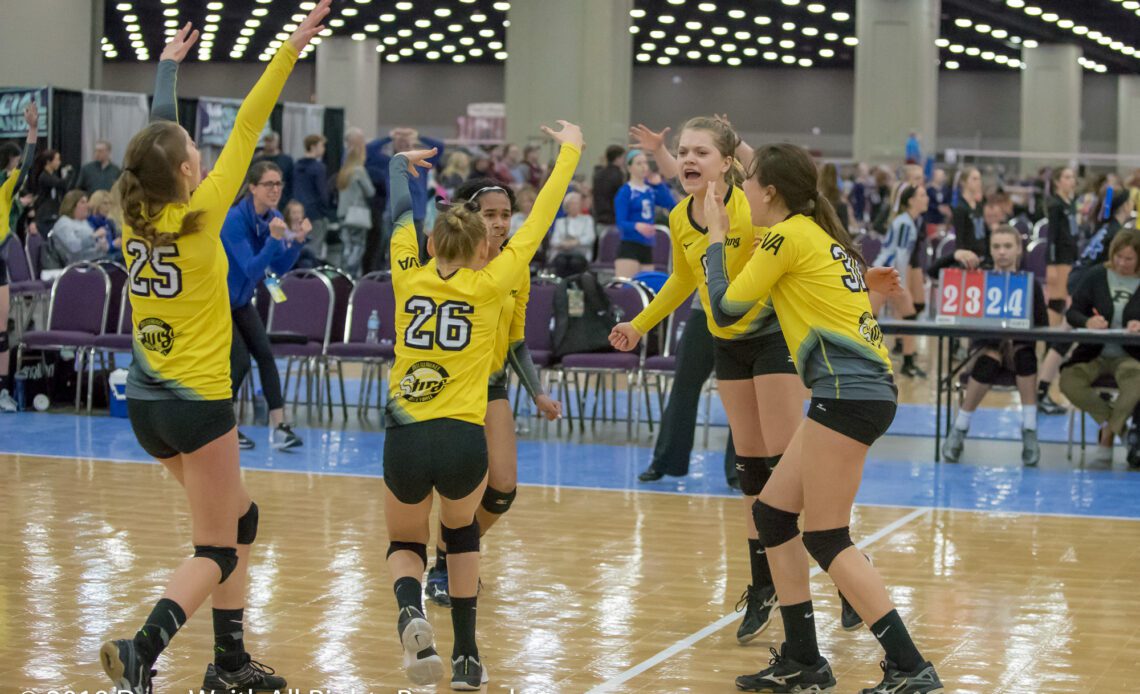One of the most prominent issues I hear from coaches is that their team needs to be more “mentally tough” or “resilient.” They will say, “my team just can’t win long rallies,” or “they just can’t seem to kill the ball when it matters,” or even something to the tune of, “they just don’t seem to get it; the hard work needed to really compete and win.” So far, I have seen these diagnoses lead to changes in drills, long speeches about how to grind it out, and/or changes in practice structure like hustling to get water, taking a certain amount of time for water, lining up in certain ways during drill demos, speaking to coaches in certain manners (yes coach, no coach), warming up and peppering in ways that are said to “encourage intensity and build better habits”, all in an attempt to hopefully teach the athlete how to win those hard fought rallies in the last five points of game.
What I want to offer today is a model I have come to know and love: TARGET, that coaches can use as a framework for how they develop their team’s culture that can naturally help team’s seem more “mentally tough/resilient.”. Joyce Epstein’s TARGET framework was initially designed to provide alterable variables to produce more positive effects on student learning and development in the school and classroom setting (Epstein, 1987). TARGET refers to task, authority, reward, grouping, evaluation, and timing. The task structure involved what the students were asked to learn and the assignments they were asked to complete. Authority involved how the students were to interact with their teachers, administrators, parents, and others in the school community. Reward revolves around how students were to be motivated and recognized for their progress and achievement. The grouping structure concerned how students were brought together or kept apart for instruction and social activities. The evaluation structure involved the comparative or individual standards that were set for the teachers to monitor their students’ academic, social, or personal skills. Timing made sure that the pace of instruction was dynamic based on the students’ needs.
The framework has since caught traction in the realm of Applied Sport Psychology. Duda & Balaguer (2007) wrote a chapter in the Handbook of Applied Sport Psychology titled “Coach-Created Motivational Climate” and postulated that the TARGET framework was often used by coaches to provide some clarity and organization…
Click Here to Read the Full Original Article at Junior Volleyball Association…

